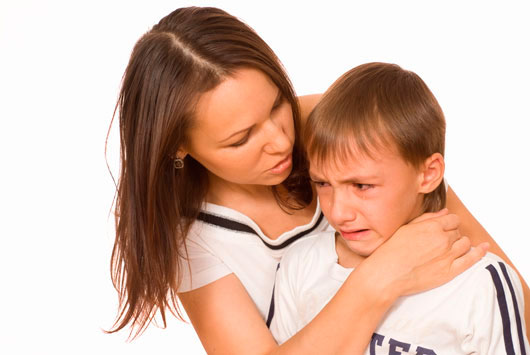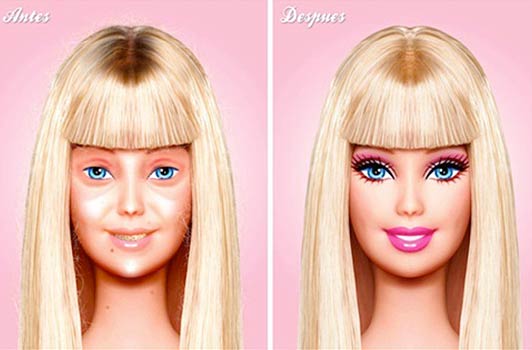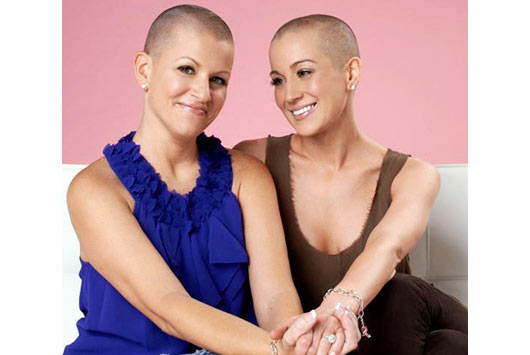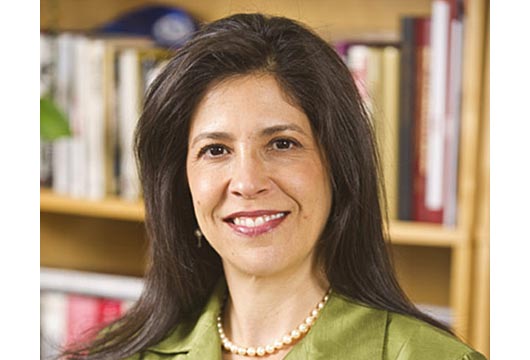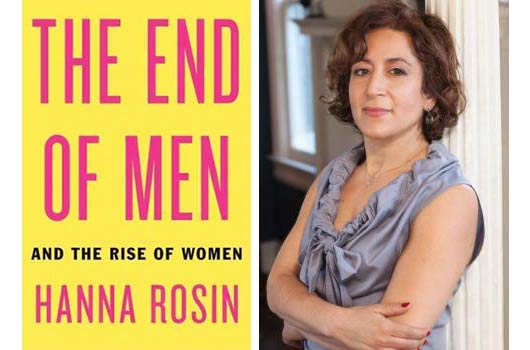
Have women evolved to an era where we no longer need men? And if the power dynamics have shifted such that women are now more independent and in control than ever before, is either sex better off as a result? These are just some of the questions explored in Hanna Rosin’s new book, The End of Men: And the Rise of Women, published earlier this month.
Rosin cites statistics showing that women are now three times as likely to graduate from college as men, and women now make up more than 50 percent of the workforce.
According to the National Center for Education Statistics (NCES), from 1999–2000 to 2009–10, females earned approximately 60 and 62 percent of associate’s degrees and 57 and 58 percent for bachelor’s degrees. Between 2000 and 2010, college enrollment as a whole increased by 37 percent, from 15.3 million to 21 million. But, in the same time span, the number of women who enrolled increased by 39 percent, versus 35 percent for men. NCES also found that between 1970 and 2010, women jumped from 41 percent to 57 percent of total enrollment.
Additionally, there are more women heads of household than ever before—either married or single. Unmarried women are waiting longer and longer to find a spouse and have children. The new model of “supermom,” who works and handles domestic duties, is quickly becoming the norm.
And just who is missing in this picture, according to Rosin? Men, who find themselves less necessary than ever before.
Read Related: How to Be a Successful Single Mom
But is it really accurate to declare “The End of Men”? After all, much of the “rise of women” that Rosin writes of is really just the rise of women to a level of equality with men. And we’re still not there yet. As MSNBC’s Melissa Harris-Perry and her guests point out while discussing The End of Men, women still earn .75 for every dollar a man earns. And among the growing ranks of female heads of household, 29 percent live at or below the poverty level. These certainly aren’t statistics to celebrate.
More accurately, as Harris-Perry suggests, we’re witnessing an era where masculinity is being redefined. “It’s not the end of men,” she says, “(but) the end of only valuing men’s economic power.”
As Harris-Perry’s panelist’s point out, Rosin’s new book—with its admittedly incendiary title—is likely to fuel the fires of men’s rights groups, and all those long-suffering white males. (We can’t wait to hear what Rush Limbaugh and Glenn Beck have to say about it.) Still, Hanna Rosin’s book makes for great reading, and well-captures a watershed moment in the dynamics between women and men, even if women still have a long way to go to achieve true equality with the guys.

